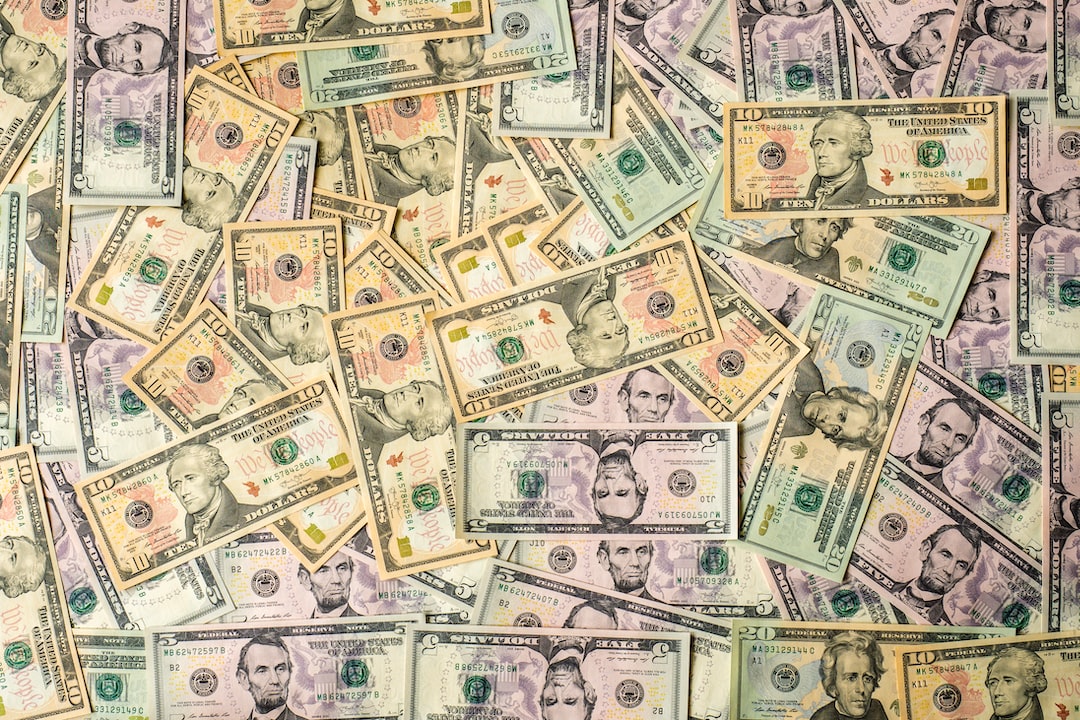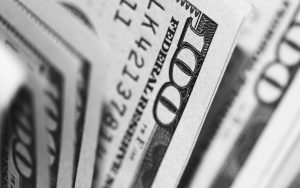Forex exchange rates fluctuate throughout the year, and it can be challenging to determine the best time to exchange currencies. Several factors impact the forex market, including economic indicators, geopolitical events, and global trends. Therefore, it is essential to understand these factors to make informed decisions about when to exchange currencies.
The forex market is one of the most liquid markets in the world, with over $5 trillion traded every day. This market operates 24 hours a day, five days a week, making it accessible to traders worldwide. The forex market involves buying and selling different currencies, with the exchange rate representing the value of one currency relative to another. The exchange rate determines how much of one currency is required to buy another currency.
There are several factors that impact forex exchange rates, such as interest rates, inflation, and economic growth. Central banks play a significant role in determining interest rates, which impact the value of a currency. When a central bank raises interest rates, it attracts more investors and strengthens the currency. In contrast, when the interest rates are low, the currency weakens as investors seek higher returns elsewhere.
Inflation also affects forex exchange rates. High inflation rates lead to a decrease in the purchasing power of a currency, resulting in a weaker exchange rate. Economic growth is another significant factor that affects forex exchange rates. When the economy is growing, it attracts more foreign investors, leading to a stronger currency.
Geopolitical events also impact forex exchange rates. Political instability, wars, and natural disasters can cause significant fluctuations in exchange rates. For instance, Brexit, the United Kingdom’s decision to leave the European Union, caused significant fluctuations in exchange rates. The uncertainty surrounding Brexit negotiations caused the British pound to weaken significantly.
The time of year can also impact forex exchange rates. Typically, the best time to exchange currencies is during times of high volatility. Seasons such as the end of the year or the beginning of the year tend to be more volatile, leading to significant fluctuations in exchange rates.
During the end of the year, many investors are closing out their positions, leading to increased volatility in the forex market. Additionally, the holiday season also impacts the forex market, with many traders taking time off, leading to lower liquidity levels, which can cause significant fluctuations in exchange rates.
The beginning of the year is also a good time to exchange currencies. This period is characterized by new budgets and investment plans, leading to increased demand for foreign currencies. Additionally, many traders are returning from the holiday season, leading to higher liquidity levels, which can minimize fluctuations in exchange rates.
Another factor that impacts forex exchange rates is the time of the week. Mondays tend to be more volatile as traders react to news and events that occurred over the weekend. Fridays tend to be less volatile as traders close out their positions before the weekend.
In conclusion, forex exchange rates are impacted by several factors, including economic indicators, geopolitical events, and global trends. The time of year can also impact forex exchange rates, with seasons such as the end of the year and the beginning of the year tending to be more volatile. However, it is essential to remember that the forex market can be unpredictable, and it is crucial to make informed decisions based on market conditions and trends.


